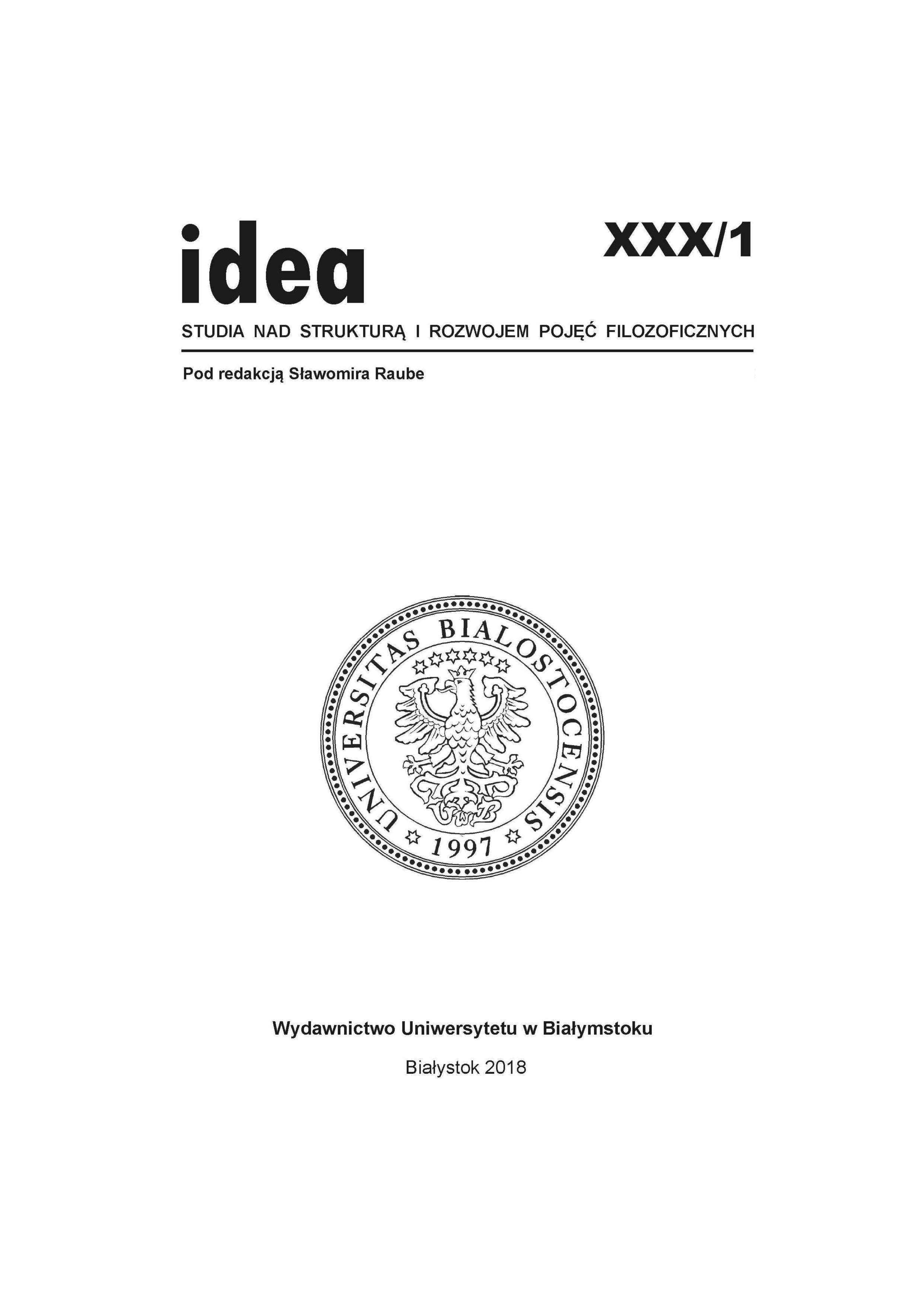Ecophilosophy and African traditional ecological knowledge
Ecophilosophy and African traditional ecological knowledge
Author(s): Mark Omorovie IkekeSubject(s): Philosophy, History of Philosophy, Social Philosophy, Contemporary Philosophy
Published by: Wydawnictwo Uniwersytetu w Białymstoku
Keywords: African tradition; ecology; ecophilosophy; ethics
Summary/Abstract: Ecophilosophy is concerned with the critical study of ecological issues. It critiques the human- earth relationship advocating for friendly treatment of the environment. Philosophy’s interests in the environmental crisis dates back to the late 1960s. Among those who were at the forefront are Holmes Rolston III, Thomas Berry, and Richard Routley. The philosophical movement towards the environment was also inspired by Rachel Carson’s 1962 book, Silent Spring, Garrett Hardin’s The Tragedy of the Commons, Lynn White’s 1967 article, The Historical Roots of the Ecological Crisis, Paul Ehrlich’s Population Bomb, and so forth. It is not that before the 1960s philosophers have not spoken about the environment. The unfortunate thing was that most of the philosophers that had spoken about the environment merely saw the environment or nature from a utilitarian perspective and nature was perceived as an object to be studied, evaluated and conquered without concern for environmental wellbeing. Yet, when the philosophic turn towards the environment began even till today, most of the voices are those of western and Euro-centric philosophers. Indigenous voices and wisdoms from non-western cultures are often ignored. The purpose of this paper is to argue for the place of African traditional ecological knowledge in ecophilosophy and environmental ethics. Through the method of critical analysis, what constitutes African traditional ecological knowledge and its place in global environmental ethics is examined. The paper finds and concludes that global environmental ethics will be incomplete and weakened without the inclusion of African traditional ecological knowledge.
Journal: Idea. Studia nad strukturą i rozwojem pojęć filozoficznych
- Issue Year: 1/2018
- Issue No: XXX
- Page Range: 228-240
- Page Count: 13
- Language: English

